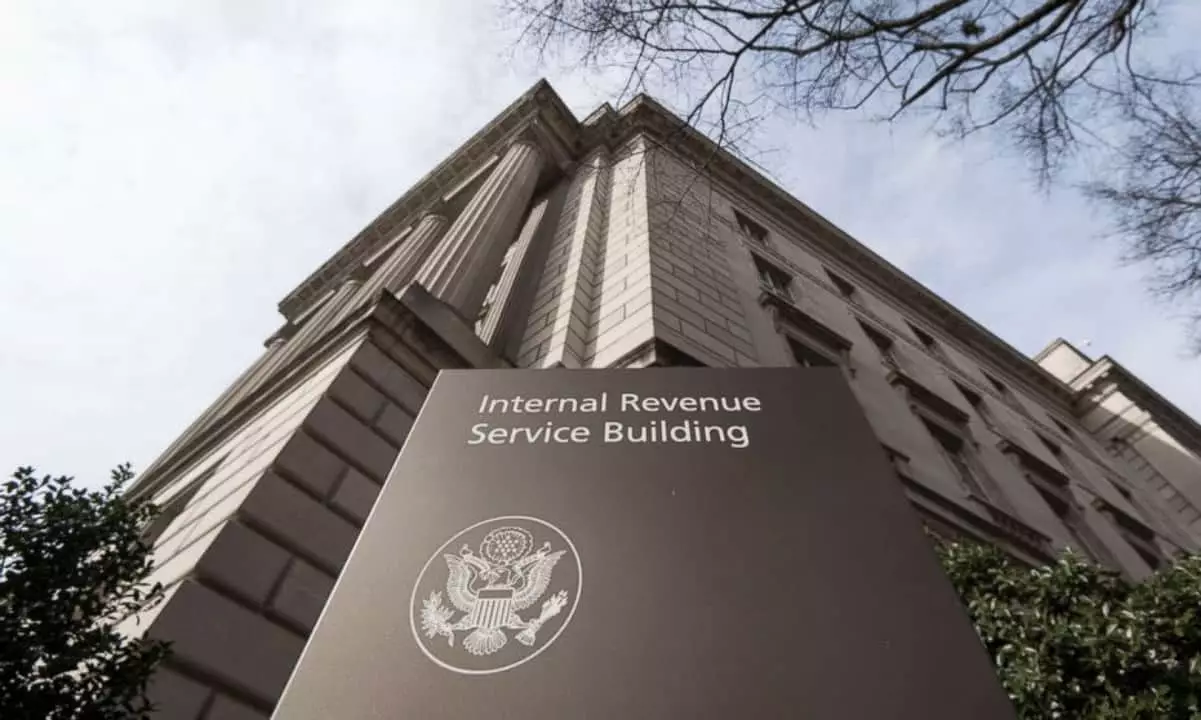As we approach 2025, significant changes in the taxation of cryptocurrency transactions are set to unfold, particularly for those engaging in trading through centralized exchanges (CEX). These new regulations, mandated by the Internal Revenue Service (IRS), signify a pivotal moment for investors in digital assets as they navigate the complexities of compliance and financial accountability. The upcoming requirements underscore the need for both educational awareness and proactive engagement with tax professionals, especially for those who have relied heavily on digital platforms like Coinbase and Gemini.
Beginning in 2025, cryptocurrency transactions made through custodial accounts will fall under stringent reporting obligations. For the first time, exchanges and custodial trading platforms will be required to report all transactions to the IRS via a new form dubbed the 1099-DA. This form will detail the ins and outs of every purchase and sale of digital assets, providing a clear record that will be shared with both taxpayers and the IRS by early 2026. Taxpayers need to integrate this information into their 2025 tax returns, marking a pronounced shift in how cryptocurrency transactions are monitored and taxed.
The requirement to report using the 1099-DA not only increases transparency but also complicates the reporting process for taxpayers. Failure to align reported transactions with the IRS’s incoming data might lead to discrepancies that could trigger audits or penalties. The IRS is making its position clear: failure to report is not an option, and the consequences could be severe for those who neglect these regulations.
One of the more nuanced aspects of these new regulations is that while brokers will not be required to report the cost basis—the initial purchase price of assets—until the 2026 tax year, this delay introduces potential complications for taxpayers. Understanding and accurately calculating capital gains hinges heavily on knowing one’s cost basis, so the lack of this information from brokers poses a risk for investors who may struggle to report their gains or losses accurately.
Jessalyn Dean, the vice president of tax information at Ledgible, underscores the importance of establishing access to cost basis information. For many investors, having to rely solely on their own transaction records could lead to errors or incomplete reporting, putting them at risk of drawing the IRS’s scrutiny. This stage of the game requires investors to be particularly diligent and organized as they prepare for the impending requirements.
The landscape looks somewhat different for transactions conducted on decentralized platforms like Uniswap and Sushiswap. Notably, the IRS has set a later reporting timeline, pushing these requirements back to 2027. Unlike centralized exchanges, these decentralized platforms will report only gross proceeds of transactions, which poses its own set of challenges. Without access to the transaction’s original purchase price, determining accurate profit or loss calculations will depend heavily on individual investors keeping precise records.
Investors engaging with decentralized finance will need to be mindful of the different implications this reporting landscape brings. Shifts in how these transactions interact with tax law only emphasize the volatility and risk inherent in the crypto space.
Moreover, Bitcoin exchange-traded funds (ETFs) are entering the fray of these new reporting requirements. As ETF providers issue their corresponding forms like the 1099-B or the 1099-DA, investors will have to remain vigilant not just of their direct transactions but also of taxable events that may arise from the fund’s operations. Dean’s advice to Bitcoin ETF investors encourages them to consult with tax advis advisers, as internal management activities can generate taxable gains even when the underlying assets are held over the long term.
This multifaceted approach to reporting requires an elevated level of engagement from investors, compelling them to seek ways to avoid unexpected tax liabilities stemming from decisions or operations made by their investment managers.
In conjunction with the upcoming regulations, the IRS recently announced automatic relief for users of centralized finance platforms, which, while easing immediate pressures, does nothing to address the underlying complexities that will ensue. The narrative shaping the future of cryptocurrency transactions and taxation is of a transforming landscape where investors need to be more informed and equipped than ever. As 2025 approaches, the onus is on investors to obtain accurate records, understand their obligations, and consult knowledgeable tax professionals to navigate this newly regulated arena effectively. The shift has begun, and preparation is key to ensuring compliance and financial security in the complex world of cryptocurrency.

